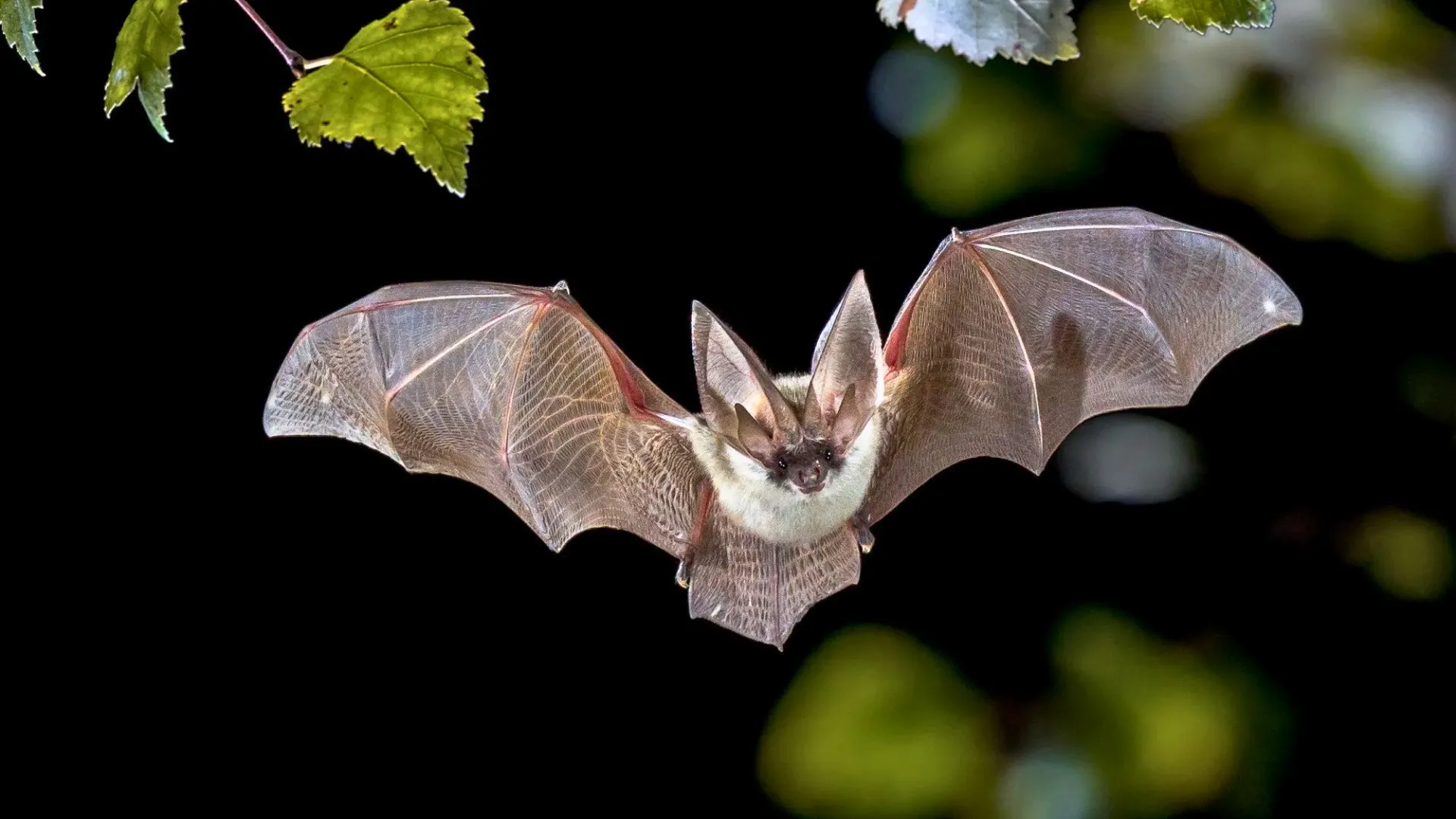Scientists of China have found 22 new viruses in bats, two of which are deadly and similar to the deadly Nipah and Hendra viruses. Scientists took samples from 142 bats between 2017 and 2021 in the province of Yunnan. They identified the viruses from bat kidneys through genetic sequencing, organs that are closely associated with urine production.
Experts are concerned that bat urine will spread to fruit or water, causing another outbreak. The research presents severe warnings, particularly after the world experienced the destructive Covid-19 pandemic that also emerged in China.
Two Viruses Raise Red Flags
Among 22 viruses discovered, two are of grave concern. The two are nearly identical to henipaviruses, a virus family that has been known to induce severe brain swelling and respiratory illness in humans. Nipah and Hendra viruses, both members of this family, have previously induced fatal outbreaks.
In a few instances, the death rate has been as high as 75%. Researchers have recently given the new viruses the name Yunnan bat henipavirus 1 and 2. They are the first complete henipavirus genomes to be found in Chinese bats.
Why the Discovery Matters?
The discovery happens just a few years after Covid-19 first emerged in Wuhan, China. The Wuhan Institute of Virology had been under intense global scrutiny over potential laboratory connections to the coronavirus pandemic. And now, with yet another high-risk virus discovery made in China, public health experts are on guard once again.
Molecular virologist Vinod Balasubramaniam termed the new discoveries “concerning.” He reasoned that because the viruses were in the kidneys of the bats, there was a very good chance of spreading them via urine-contaminated fruit or water.
Spillover Risks Still Exist
Scientists located these bats roosting close to fruit orchards in inhabited villages. This creates concern for a spillover into humans or animals. The viruses have 52–57% genetic material shared with other identified henipaviruses. Previous outbreaks, such as the Bangladeshi Nipah virus outbreak, were also associated with bat-contaminated fruit sap. Yunnan being close to Malaysia, where the initial Nipah outbreak was reported, has made experts even more concerned.
Ecologist Dr. Alison Peel explained that not all henipaviruses infect humans. Nevertheless, she emphasized the need for testing in laboratories to determine their level of threat. As yet, no cases among humans have been recorded, but scientists are calling for preventive action. The world cannot wait for another unexpected outbreak.























